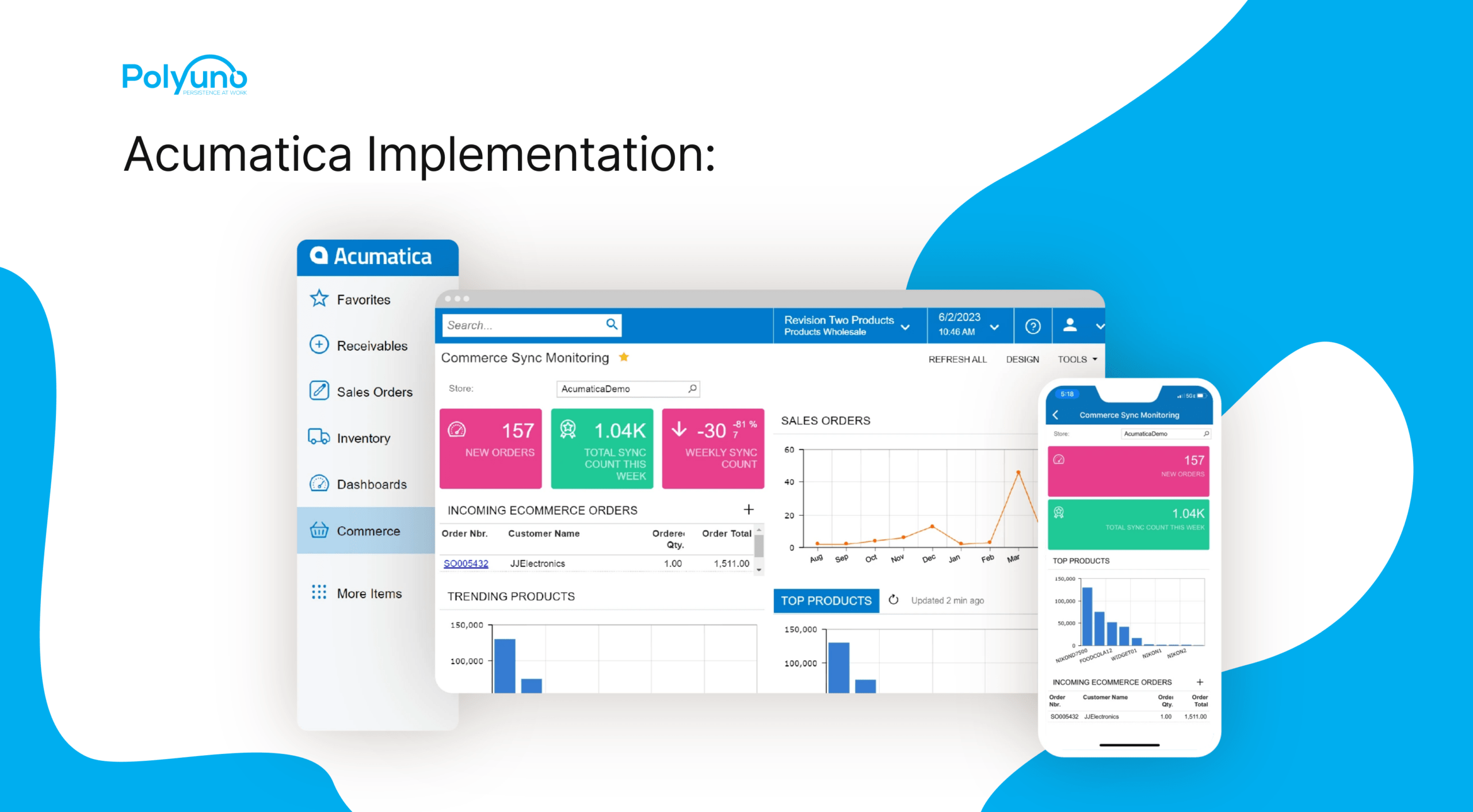
ESG reports have become increasingly popular in recent years as companies strive to demonstrate their commitment to sustainability and corporate social responsibility. These reports provide a comprehensive overview of a company's environmental, social, and governance (ESG) performance, including information on its management strategy, policies, and initiatives.
ESG reports are important for companies to communicate their sustainability efforts to stakeholders, including investors, customers, and the public. By providing transparent and detailed information on their ESG performance, companies can build trust and credibility with their stakeholders and demonstrate their commitment to sustainable development. Reporting frameworks such as the Global Reporting Initiative (GRI) and the Sustainability Accounting Standards Board (SASB) provide guidelines for companies on how to structure their ESG reports and ensure that they are comprehensive and accurate.
A well-designed ESG report can also positively impact a company's reputation, brand awareness, and customer loyalty. By demonstrating their commitment to sustainability and social responsibility, companies can differentiate themselves from their competitors and attract customers who value these values. Additionally, ESG reports can help companies identify areas where they can improve their ESG performance and develop strategies to address these issues.
ESG Report Example
What is an ESG Report?
An ESG report is a report published by a company or organization about environmental, social, and governance (ESG) impacts. It enables the company to be more transparent about its risks and opportunities. ESG reporting is a way for companies to communicate their sustainability and corporate social responsibility efforts to stakeholders, including investors, customers, employees, and the public.
Why are ESG Reports Important?
ESG reports are important for several reasons. First, they help companies to identify and manage ESG risks and opportunities. By reporting on their ESG performance, companies can identify areas where they need to improve and take action to address these issues. Second, ESG reports provide stakeholders transparency, which helps build trust and credibility. Third, ESG reporting can help companies to improve their reputation, brand awareness, and loyalty among customers and employees.
ESG Report Examples
Here are some examples of companies that have published ESG reports:
- JPMorgan Chase & Co.: JPMorgan Chase & Co. publishes an annual ESG report that includes information on the company's environmental, social, and governance performance. The report includes a materiality matrix that identifies the most important ESG issues for the company and provides information on how the company is addressing these issues.
- National Grid: National Grid is a Perillon customer and publishes an annual ESG report. The report includes information on the company's ESG performance, including its efforts to reduce greenhouse gas emissions and improve energy efficiency.
- McKinsey & Company: McKinsey & Company published an ESG report in 2021 that highlights the company's efforts to accelerate sustainable and inclusive growth. The report includes information on the company's ESG management strategy and its progress in achieving its sustainability goals.
- Compass Minerals International: Compass Minerals International publishes an annual sustainability report that includes information on the company's ESG performance. The report includes a materiality assessment that identifies the most critical sustainability issues for the company and provides information on how the company is addressing these issues.
Overall, ESG reporting is becoming increasingly important for companies that want to demonstrate their commitment to sustainability and corporate social responsibility. By publishing ESG reports, companies can improve their transparency, build trust with stakeholders, and manage ESG risks and opportunities.
Governance Aspect
What is the Governance Aspect?
Governance refers to organizations' systems, processes, and structures to direct and manage their affairs. It involves defining and implementing policies, procedures, and controls to ensure that an organization operates efficiently, ethically, and in compliance with applicable laws and regulations. Governance also involves defining the roles and responsibilities of key stakeholders, including board members, executives, employees, and shareholders.
The Importance of Governance in ESG Reports
Governance is critical to Environmental, Social, and Governance (ESG) reporting. ESG reports provide stakeholders with information about an organization's sustainability performance, including its environmental and social impact and its governance practices. Governance is particularly important because it provides stakeholders with insight into how an organization is managed, how decisions are made, and how risks are identified and managed.
Strong governance practices can help organizations to build trust with stakeholders, enhance their reputation, and improve their brand awareness and loyalty. Governance is also important for ensuring transparency and accountability, which are key elements of effective sustainability reporting. Organizations can demonstrate their commitment to ethical and responsible business practices by providing stakeholders with information about their governance practices.
Examples of Governance in ESG Reports
ESG reports typically include a governance section outlining an organization's management strategy, codes of conduct, and other governance-related policies and procedures. For example, JPMorgan Chase's ESG report includes a section on governance that discusses the role of the board of directors in overseeing ESG performance and the company's policies on ethics, risk management, and compliance.
Similarly, Wells Fargo's ESG report includes a governance section outlining the company's governance structure, including the role of the board of directors and its various committees. The report also discusses the company's ethics, risk management, compliance policies, and its approach to stakeholder engagement and transparency.
In conclusion, governance is critical to ESG reporting, providing stakeholders with information about an organization's management practices, policies, and procedures. By including information about governance in their ESG reports, organizations can demonstrate their commitment to ethical and responsible business practices, enhance their reputation, and build trust with stakeholders.
Environmental Aspect
What is the Environmental Aspect?
Environmental refers to the impact of a company's operations on the natural world. This includes using natural resources, greenhouse gas emissions, waste disposal, and other factors contributing to climate change, biodiversity loss, and other environmental problems.
The Importance of Environmental in ESG Reports
Environmental is a critical component of ESG reports. Companies that prioritize environmental sustainability demonstrate their commitment to responsible business practices and transparency. Environmental factors are also important to stakeholders, who increasingly expect companies to take steps to reduce their impact on the environment.
Reporting on environmental factors can help companies identify areas where they can improve their management strategy and ESG performance. It can also help companies comply with codes and sustainability accounting standards board (SASB) guidelines, which provide a framework for reporting on environmental factors.
Examples of Environmental in ESG Reports
Environmental factors that may be included in ESG reports include greenhouse gas emissions, carbon emissions, waste, and energy efficiency. Companies may also report on their policies related to sustainability, climate change, and biodiversity.
For example, Cargill's 2022 ESG report includes information on the company's greenhouse gas emissions, water usage, and waste reduction efforts. The report also highlights Cargill's commitment to sustainable development and accountability.
Another example is Wells Fargo's 2022 ESG report, which includes information on the company's net zero commitment, circularity initiatives, and data protection and privacy policies. The report also highlights the company's efforts to reduce its carbon footprint and support the Task Force on Climate-related Financial Disclosures (TCFD) recommendations.
Overall, including environmental factors in ESG reports can help companies build their reputation, increase brand awareness, and foster loyalty among stakeholders. It also demonstrates a commitment to sustainability and responsible business practices.
Social Aspect
What is the Social Aspect?
The social aspect of ESG reports refers to a company's impact on society and its stakeholders. This includes its employees, customers, communities, and suppliers. Social factors may include issues such as human rights, diversity, safety, and stakeholder engagement.
The Importance of Social in ESG Reports
Social factors are increasingly important for companies to consider in their ESG reports. Investors are increasingly looking for companies committed to long-term sustainability and accountable for their social impact. Companies that prioritize social responsibility can improve their reputation, brand awareness, and customer loyalty.
In addition, companies that prioritize social responsibility can attract and retain top talent, improve team member satisfaction, and create a positive work environment. This can lead to increased productivity and profitability.
Examples of Social in ESG Reports
Many companies include social factors in their ESG reports. For example, Starbucks has a strong commitment to diversity and inclusion, with a goal of hiring 100,000 opportunity youth by 2020. BP aims to increase the proportion of diverse suppliers in its supply chain. National Grid has a focus on customer satisfaction and community relations. IBM has a strong commitment to the United Nations Sustainable Development Goals.
Companies may also include information on their policies and codes related to social responsibility and key performance indicators related to social impact. For example, Delta includes information on its occupational health and safety policies and performance in its ESG report. Adobe includes a materiality matrix that outlines its key social and environmental issues.
Overall, social factors are an important aspect of ESG reports and should be considered by companies that are committed to long-term sustainability and transparency.
Conclusion
In conclusion, creating an ESG report is becoming increasingly important for companies looking to demonstrate their commitment to sustainability and social responsibility. By studying the ESG report examples provided in this article, companies can gain insight into how to effectively report on their environmental, social, and governance impacts.
One key takeaway from these examples is the importance of transparency and accuracy in reporting. Companies should strive to provide detailed, accurate data on their ESG performance and be open about their strengths and weaknesses in these areas. This can help build trust with stakeholders and demonstrate a commitment to continuous improvement.
Another important consideration is the need to tailor ESG reporting to the specific needs and priorities of each company and its stakeholders. While there are certain best practices and standards for ESG reporting, companies should also take into account the unique challenges and opportunities they face in their industry, geography, and business model.
Overall, ESG reporting is an important tool for companies looking to demonstrate their commitment to sustainability and social responsibility and to build trust with stakeholders. By following best practices and tailoring their reporting to their specific needs and priorities, companies can effectively communicate their ESG performance and progress toward a more sustainable future.
How Polyuno Helps
Polyuno is a provider of ESG reporting and materiality services that helps clients effectively communicate their ESG performance to stakeholders and identify the most critical ESG issues to their business. Here are some of the ways Polyuno helps:
ESG Reporting
Polyuno provides ESG reporting services that help clients create comprehensive and transparent reports that meet the needs of their stakeholders. The company helps clients identify the most relevant ESG metrics based on industry best practices and stakeholder expectations. Polyuno also helps clients collect and analyze data and develop a reporting framework that aligns with their business strategy.
Materiality Assessment
Polyuno helps clients identify their business's most critical ESG issues through materiality assessment. The company works with clients to identify the most relevant ESG issues based on their business context, stakeholder expectations, and industry trends. Polyuno also helps clients prioritize ESG issues based on their impact on the business and stakeholders and develop a strategy to address them.
Stakeholder Engagement
Polyuno helps clients engage with their stakeholders on ESG issues through stakeholder engagement services. The company helps clients identify their stakeholders and understand their expectations and concerns. Polyuno also helps clients develop a stakeholder engagement strategy that aligns with their business objectives and ESG goals.
ESG Strategy Development
Polyuno helps clients develop an ESG strategy that aligns with their business objectives and stakeholder expectations. The company works with clients to identify the most important ESG issues to their business and develop a strategy to address them. Polyuno also helps clients set ESG targets and develop a roadmap to achieve them.
Polyuno provides a range of ESG reporting and materiality services that help clients effectively communicate their ESG performance to stakeholders and identify the most critical ESG issues to their business. The company's services are designed to help clients create comprehensive and transparent ESG reports, prioritize ESG issues based on their impact, engage with stakeholders, and develop an ESG strategy that aligns with their business objectives.




